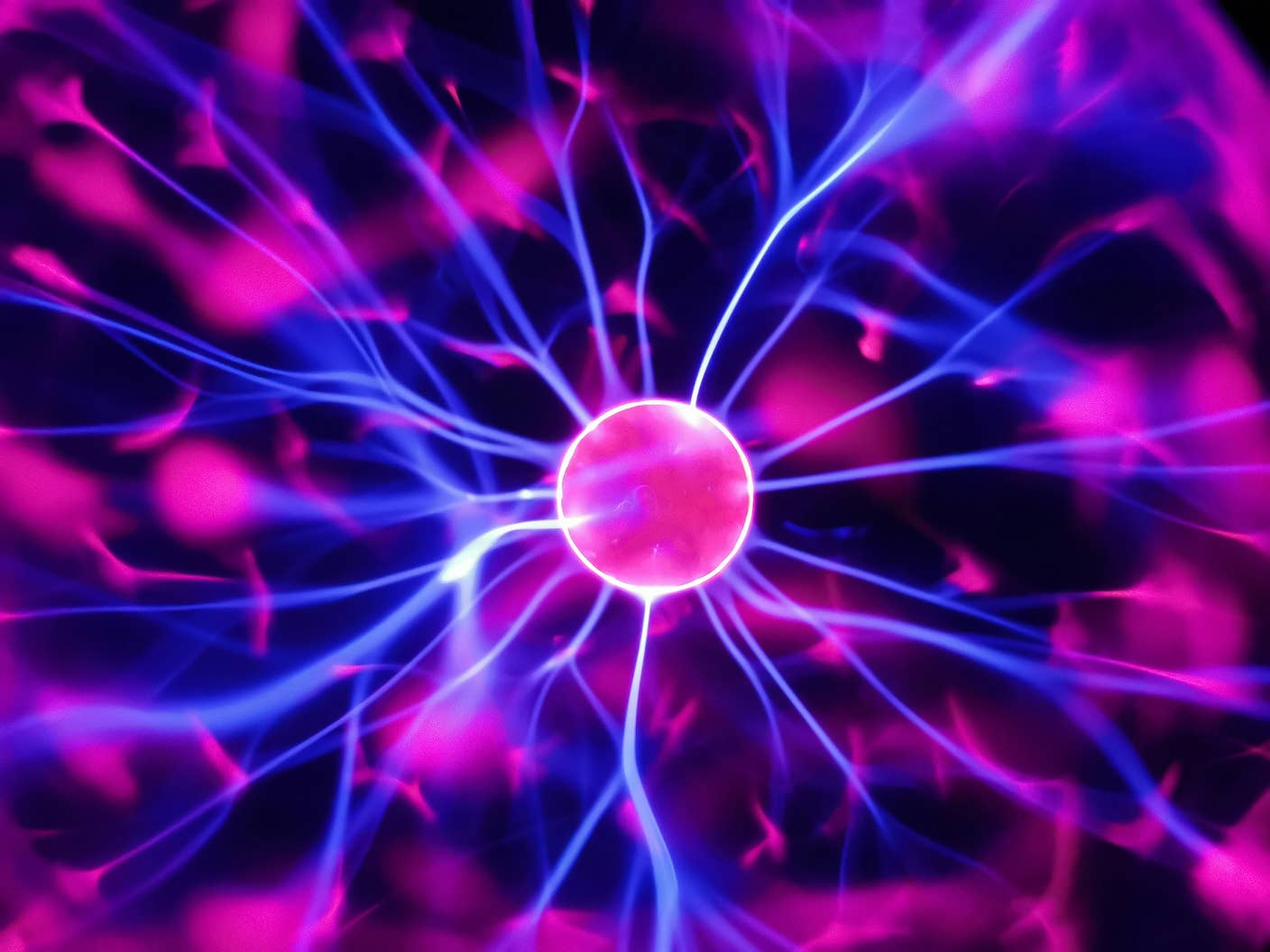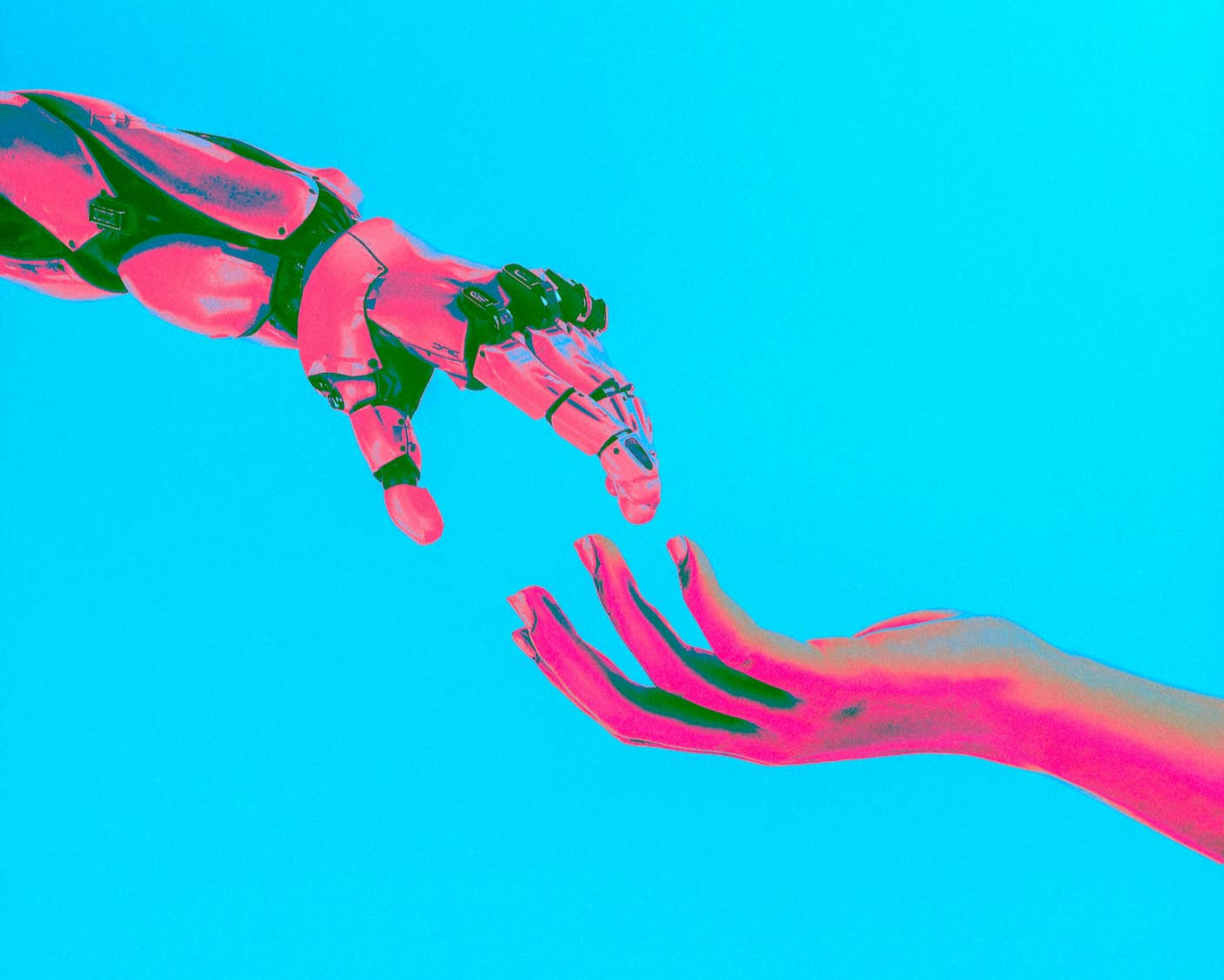Kurzweil in the Lyons’ Den

Share
Does the Transcendent Man just want to be a robot? That's part of the story coming out of Daniel Lyons' recent article in Newsweek about Singularity front man, Ray Kurzweil. The other part is that Kurzweil is much too optimistic in his predictions and his beliefs. It's not a flattering article, for either Kurzweil or Singularity enthusiasts in general. For his part, Kurzweil defended his positions in a responding letter to the editor. It's the media equivalent of a boxing match and I'm not sure who landed the more devastating blows.
For those of you just joining the debate, let me say that it centers around two key issues: how fast the technology of intelligence (computers, biotechnology, etc) is growing, and whether or not Ray Kurzweil is a nut. A large part of Lyons' Newsweek article, and Kurzweil's response, focused on whether or not Kurzweil's earlier predictions about technology were accurate. Lyons posits that most of Kurzweil's predictions were easily forseeable (like the success of the Internet) or wrong. Kurzweil defends the originality of his insights and their accuracy.
These predictions, from Kurzweil's books and speeches, ranged from the Internet to the Human Genome project. In the mid to late 80s, Kurzweil predicted that the Internet would grow exponentially and enjoy widespread use. Lyons says this was an easy prediction. Kurzweil also predicted, a decade later, that most computers used wouldn't have keyboards, and would be part of someone's apparel. Lyons claims this hasn't happened, while Kurzweil points to iPhones, mp3 players, and computerized hearing aids. Kurzweil predicted the success of the Human Genome project in 15 years (predicting exponential growth in the rate of return). Lyons concedes that prediction but points to Kurzweil's belief that the economy would keep growing between 1999 and 2009. The list goes on and on.
Figuring out who's right isn't easy. What kind of metric do we apply to futurists? How often do they have to be right, and how right do they have to be? If Kurzweil was wrong about everything else, but is correct in predicting that artificial intelligence will be indistinguishable from human intelligence in 20 years, that alone would make him a visionary. In the end, it's up to each reader to evaluate the predictions Kurzweil made and decide whether they collectively prove he's a technological seer, or just another dreamer.
One area in which Kurzweil certainly won is his preparedness. While Lyons might have you think that Kurzweil is a pie-eyed optimist, too certain in his beliefs to even consider other possibilities, the truth is far from it. As was evident in the panel-discussion after the Transcendent Man premier, Kurzweil is actively working on projects designed to prevent some of the worst case scenarios new technologies present. He is part of the national security team working on bio-terrorism response in the United States. His books warn against technological perils as well as predicting benefits. Whether or not he is wrong about the Singularity, Kurzweil is preparing for all outcomes.
Be Part of the Future
Sign up to receive top stories about groundbreaking technologies and visionary thinkers from SingularityHub.


If Lyons had just focused on Kurzweil's predictions and left it at that, I may not be writing my own article. However, Lyons brings up several sensationalist themes prominent in the movie about Kurzweil's life, Transcendent Man. As Singularity Hub mentioned before, Kurzweil wants to live forever, and takes a wide-range of dietary supplements to keep him going. Eventually he wants to download, or upgrade himself, into an immortal intelligence (most likely in the form of a computer). Using a similar process, Kurzweil wants to reanimate the intelligence of his dead father, remaking him from data collected in journal's and Ray's own memories. He proposes that the rest of us could do the same for ourselves and our loved ones.
It's a story ripe for pity, horror, or disdain depending on your outlook. Lyons explores all three emotions. Even when attacking Kurzweil's predictions on their own merit, Lyons is constantly returning to the futurist's motivations. The optimism Kurzweil feels is really just a fear of death. His predictions are really just hopes to bring back his dead daddy. His continuous speaking tour around the world is just a public display of a mid-life crisis. Am I the only one who finds the focus on these suppositions offensive to my intelligence?
Maybe I'm just tired of someone's "story" getting more press coverage than their work. You notice it most during the Olympics, but it's pretty ubiquitous in the media as a whole. No matter who is discussed -- politician, scientist, or athlete -- the story of their life, the motivations for their actions, are taking up more of the discussion than the actual meaning of the actions themselves. We're big on narrative but short on analysis, and that's just silly.
I can't speak much for politicians or athletes, but I know scientists. Sir Isaac Newton was into alchemy. Einstein wrote his miraculous 1905 papers while slaving away in a dead-end job. Many top scientists have been racists, sexists, drug-addicts, or just general pricks. Many have also been loving, caring men and women who've overcome great obstacles in life. Great. I'm enough of a post-modernist to understand that someone's character and work are not two separate entities, but intertwining states that support one another. Still, I'm tired of being sold the story of someone's life, when it's their work that will impact mine.
Ray Kurzweil may be a nut, he may be going through the biggest mid-life crisis ever. I don't know. I honestly don't care much. I want to evaluate his predictions, and his actions, on their own merit. It would be nice if the major media outlets focused on the same.
Will we have AI that passes the Turing test in 20 years? Is the Singularity a pipe-dream or an upcoming reality? Can the average person affect the outcome (through voting, buying, or protesting)? These questions need answers, or at least, discussion. As interesting as Kurzweil may be, it's the what, when, and how, not the who or why, that I'm dying to know about. If Newsweek really wants to focus on whether or not someone wants to become a robot, they should interview seven years olds outside the Transformer's movie premier. For compelling science articles, I want something that's more than meets the eye.
Related Articles

Hugging Face Says AI Models With Reasoning Use 30x More Energy on Average

How Scientists Are Growing Computers From Human Brain Cells—and Why They Want to Keep Doing It

Study: AI Chatbots Choose Friends Just Like Humans Do
What we’re reading
